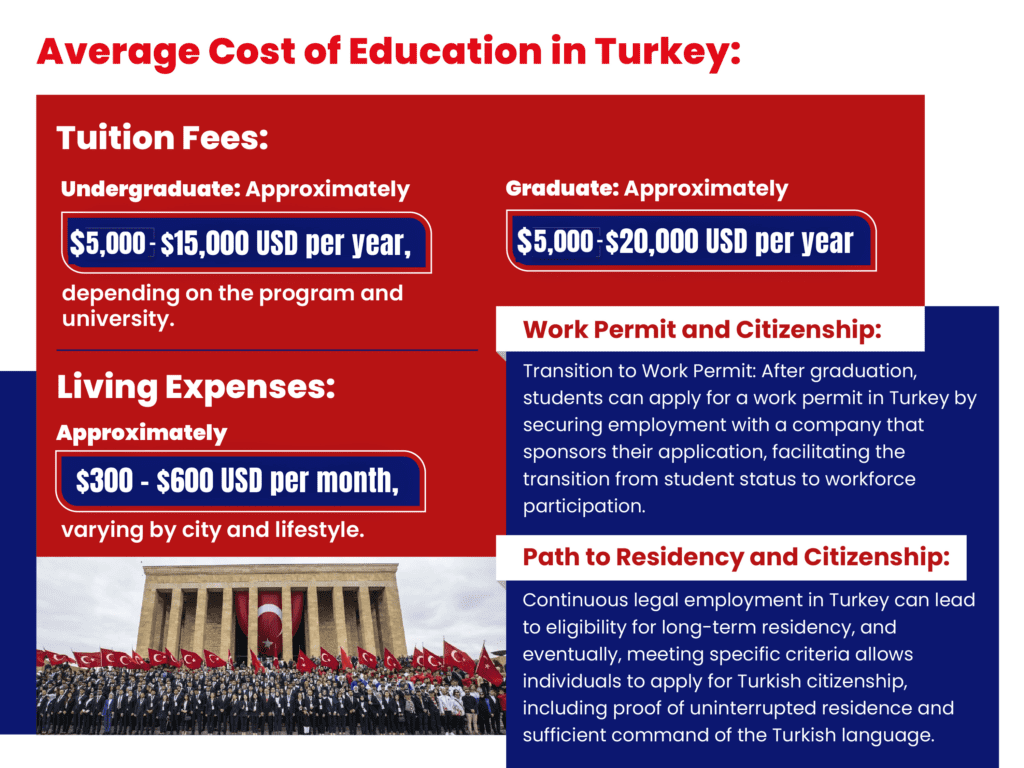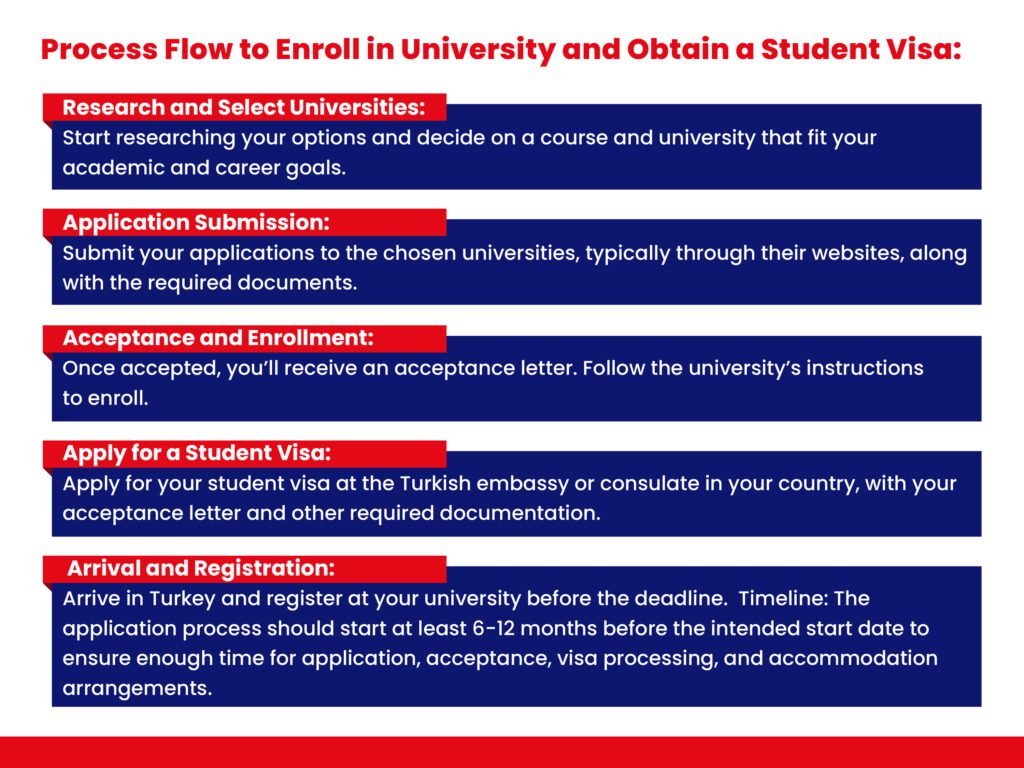









Admission requirements vary depending on the program and university you are applying to. Generally, undergraduate programs require a recognized secondary school leaving certificate, while graduate programs require a bachelor’s degree or equivalent. Additionally, universities may require proficiency in the German language or proof of English language proficiency if the program is taught in English. A minimum GPA or academic score may also be required.
The language requirements depend on the program and university you are applying to, for programs taught in English, universities may require proof of English language proficiency, such as a TOEFL or IELTS score.
Yes, international students are allowed to work while studying in Germany. However, there are restrictions on the number of hours they can work per week, typically up to 20 hours per week during the academic year and full-time during semester breaks. Some programs may not allow students to work during the academic year. Students should also make sure they have a valid work permit before starting any employment.
The time it takes to get a student visa for Germany varies depending on the country you are applying from and the workload of the German embassy or consulate in that country. It is recommended to start the visa application process at least three months before your planned arrival in Germany. The application process typically involves submitting a completed application form, passport photos, a valid passport, proof of financial resources, health insurance, and other required documents.
Yes, health insurance is mandatory for all international students in Germany. You can either purchase insurance in your home country or buy it after you arrive in Germany. Some universities may also offer health insurance plans for students.
Most universities in Germany do not charge tuition fees, even for international students. However, some universities may charge administrative fees or fees for certain programs. Students should also be prepared to cover other expenses, such as accommodation, food, transportation, and personal expenses.
"*" indicates required fields